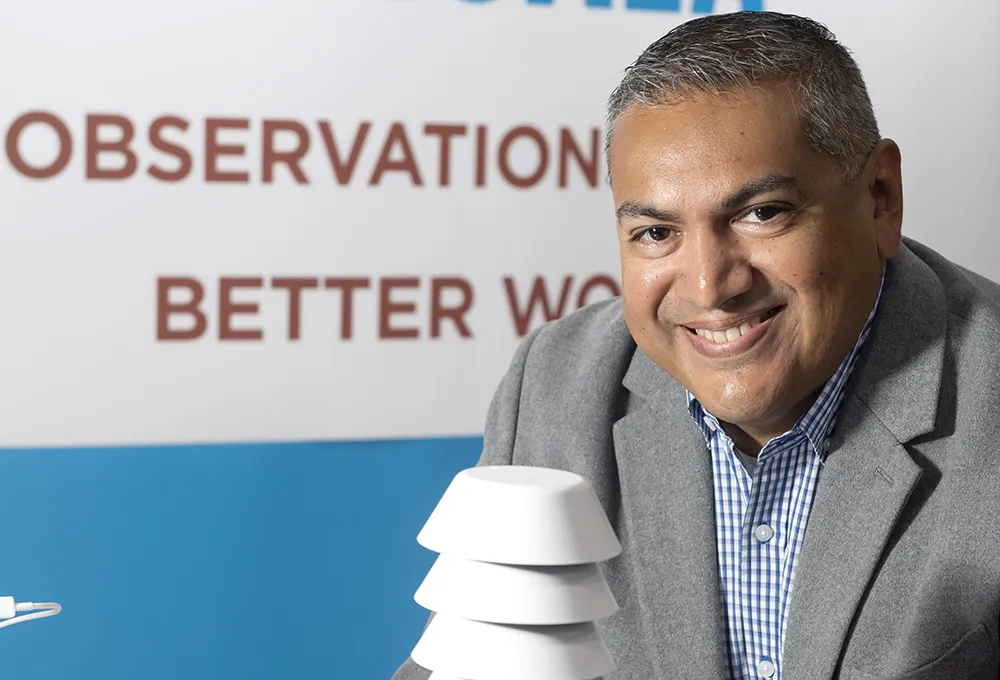Mobile road weather information sensor Marwis, developed by German measurement and control technology company Lufft, can be mounted on any vehicle to collect real-time weather data such as road surface temperature, dew point, water film height, road conditions (humidity, snow, ice and frost) and grip (friction) as well as other environmental data.
Marwis measures meteorological data and road condition information 100 times per second. At a driving speed of 80km/h, the mobile sensor records every 20cm, r
April 8, 2014
Read time: 1 min

Mobile road weather information sensor Marwis, developed by German measurement and control technology company 6478 Lufft, can be mounted on any vehicle to collect real-time weather data such as road surface temperature, dew point, water film height, road conditions (humidity, snow, ice and frost) and grip (friction) as well as other environmental data.
Marwis measures meteorological data and road condition information 100 times per second. At a driving speed of 80km/h, the mobile sensor records every 20cm, regardless of the condition of the road surface.
The data can be sent via Bluetooth to Lufft’s Smartview software for evaluation.
Marwis measures meteorological data and road condition information 100 times per second. At a driving speed of 80km/h, the mobile sensor records every 20cm, regardless of the condition of the road surface.
The data can be sent via Bluetooth to Lufft’s Smartview software for evaluation.










